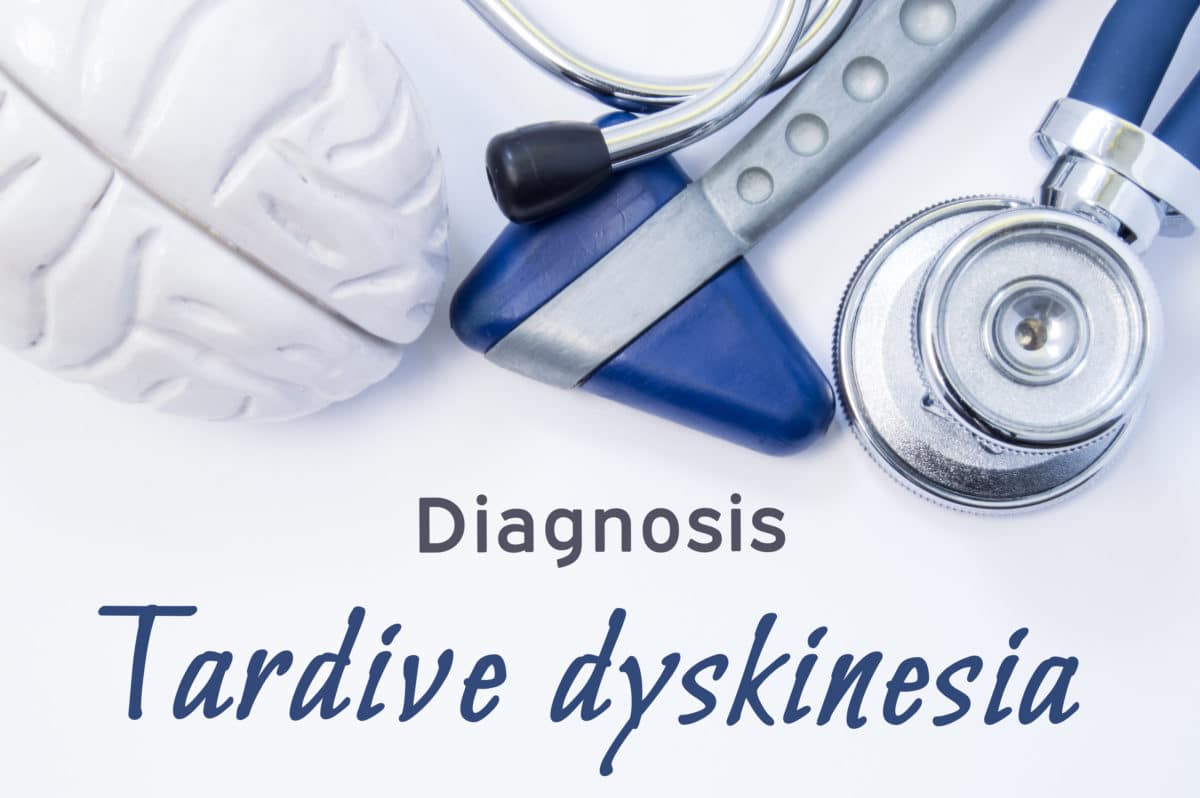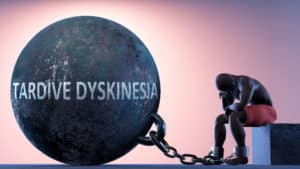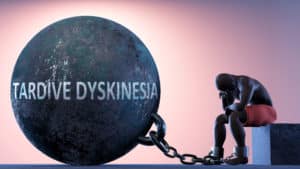Tardive Dyskinesia Is a medical condition that causes unnatural and uncontrolled movements. These movements that I am talking about include twitching, grimacing, and thrusting.
Let’s be clear; Tardive Dyskinesia (TD) is not a virus or an injury. Instead, it is a side effect of certain medications to treat the mental condition known as schizophrenia.
These types of medications are called neuroleptic drugs or antipsychotic medications. However, not all antipsychotic medications cause Tardive Dyskinesia.
Most of the time, only first-generation antipsychotic drugs cause them. But what exactly are the causes of TD? And what are its symptoms? Lastly, how do you treat Tardive Dyskinesia?
In these articles, we will discuss with you all those questions. So let us start with what causes Tardive Dyskinesia.
What Are The Causes Of Tardive Dyskinesia
Tardive Dyskinesia occurs as a side effect of antipsychotic drugs or neurologic medications. However, this side effect only occurs after long-term use of the medication.
But, in some cases, symptoms of TD may develop after short-term usage of the medication. Antipsychotic medications are mainly used for mental health illnesses such as schizophrenia.
However, antipsychotic drugs can also treat other types of conditions. These conditions may include certain neurological conditions and gastrointestinal disorders.
Neuroleptic drugs function by blocking the dopamine receptors in the brain. Dopamine is a neurotransmitter in the brain.
It is what controls the brain’s reward and pleasure centers. Dopamine also does other things, such as play a significant role in a person’s motor functioning.
It is speculated that TD occurs because of the medications blocking the dopamine receptors.
Most of the time, TD is caused by first-generation antipsychotic drugs such as:
- Chlorpromazine (Thorazine, Promepar)
- Fluphenazine (Prolixin, Permitil)
- Haloperidol (Haldol)
- Perphenazine (Trilafon)
- Prochlorperazine (Compazine, Compro, or Procomp)
- Thioridazine (Mellaril)
- Trifluoperazine (Stelazine)
However, in some cases, second-generation antipsychotic drugs also cause TD such as:
- Risperdal (risperidone)
- Invega (paliperidone)
And antidepressants can also cause Tardive Dyskinesia. Antidepressants such as:
- Fluoxetine
- Trazodone
- Doxepin
- Clomipramine
- Amitriptyline
Symptoms Of Tardive Dyskinesia
Tardive Dyskinesia includes a lot of involuntary movements. These muscle movements may include:
- Facial grimacing
- Sticking out your tongue
- Lip-smacking
- Frequent mouth or jaw movement
- Hand or feet tapping
- Frequent blinking of the eyes
A more severe TD known as Tardive Dystonia include symptoms such as:
- Muscle spasms
- Neck twisting
- Trunk twisting
- Face twisting
- Grunting noises
Tardive Dyskinesia Treatments
The best way to treat Tardive Dyskinesia is to prevent it entirely. You should undergo regular evaluations from your doctor to see if you show signs of TD. During this evaulation, your healthcare provider will use a series of movement measurements. This is to determine if you are developing TD.
To treat or prevent Tardive Dyskinesia, your doctor may lower the dosage of your medication. Or they may stop giving you the drug. They might switch to another drug that has a lower risk of developing Tardive Dyskinesia.
Another treatment is through the medications known as valbenazine (Ingrezza) and deutetrabenazine (Austedo).







